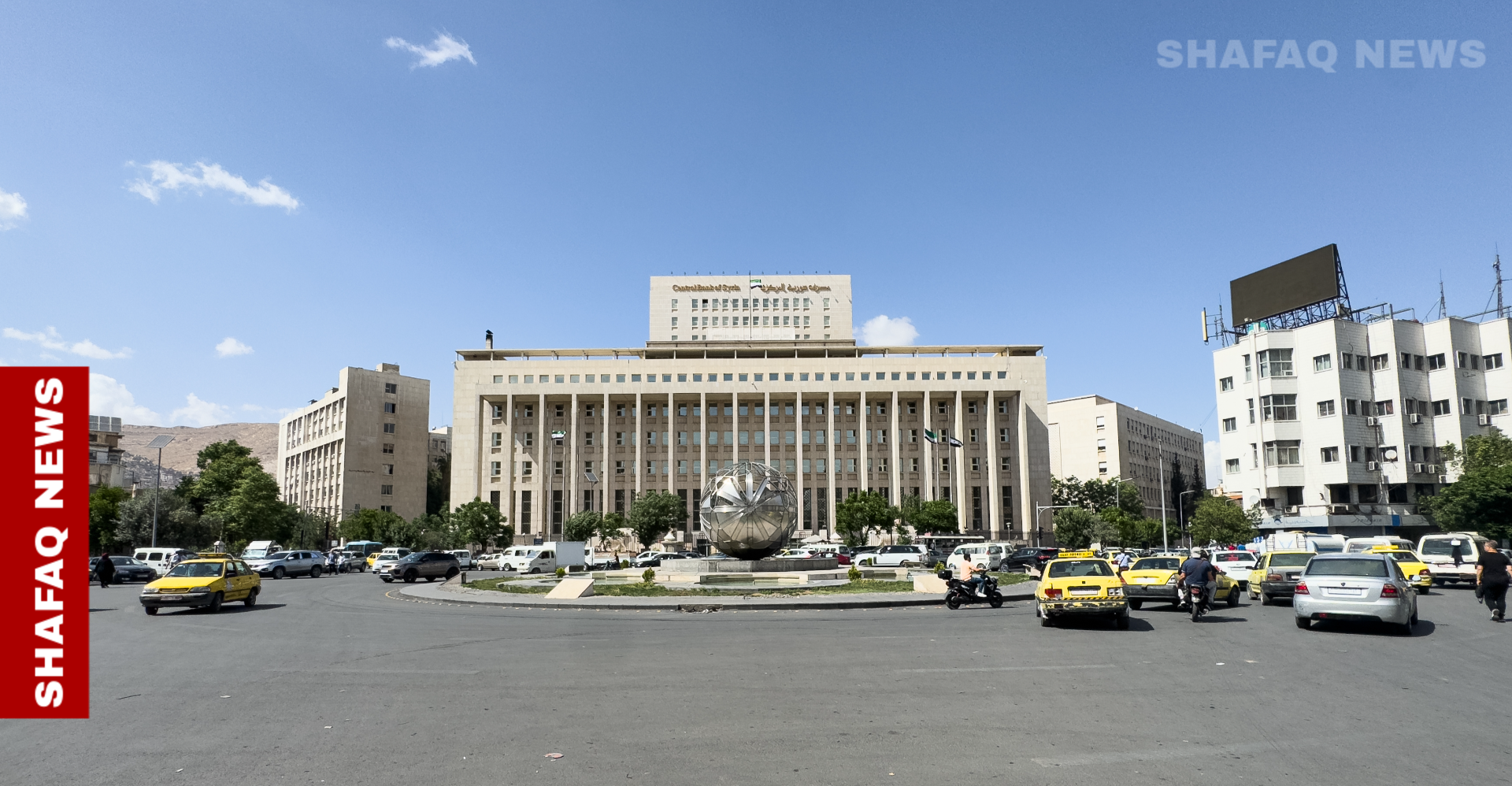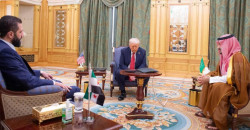Trump’s Syria sanctions shift jolts pound, leaves prices soaring

Shafaq News/ President Donald Trump’s announcement to suspend US sanctions on Syria sparked swift gains in the local currency, yet failed to ease daily economic pressures for ordinary Syrians.
The Syrian pound surged over 40% immediately after Trump’s speech in Riyadh last Tuesday, according to Damascus-based exchange office owner Samir al-Subhi. He told Shafaq News that the dollar dropped from 12,000 to nearly 8,000 Syrian pounds, driven by “market optimism and psychological relief,” despite the lack of an official implementation mechanism.
Al-Subhi said the financial sector would be the first to benefit if sanctions are formally lifted, particularly banking and remittance channels. However, the pound has since slid back above 10,000 per dollar due to the absence of actionable US policy, though it remains about 20% stronger than pre-announcement levels.
He added that lifting sanctions could unlock remittance flows directly into Syrian banks and attract investment into reconstruction and infrastructure — if supported by complementary local policy.
Disconnect Between Currency and Living Cost
Despite temporary improvements in the exchange rate, prices for food, clothing, medicine, fuel, and transport remain high across Damascus. Civil servant Salwa al-Sayyed told Shafaq News that salary hikes promised by the government — reportedly up to 400% — have not materialized, and some workers have gone months without pay.
Business owners attribute inflation to import dependency and the high cost of production, including power outages, taxes, and lack of state support. “Even if sanctions are lifted, without serious local reforms we won’t feel the impact,” said Hussam al-Halabi, who runs a small food packaging facility.
Uncertainty Over Trump’s Announcement
Syrian economist Karam al-Shaar cautioned that Trump’s use of terms like “suspend” or “freeze” rather than “lift” leaves the actual policy direction unclear.
“There are rumors of conditions Damascus must meet — the details are still missing,” he said.
Sanctions Legacy Spanning Decades
US sanctions on Syria began in 1979, intensified in 2005 under the Syria Accountability Act, and were significantly expanded after 2011. The most sweeping measures came in 2019 through the Caesar Act, named after a defector who smuggled out graphic evidence of torture in Syrian prisons. The legislation blocked trade, investment, and reconstruction, further isolating Syria’s economy.





